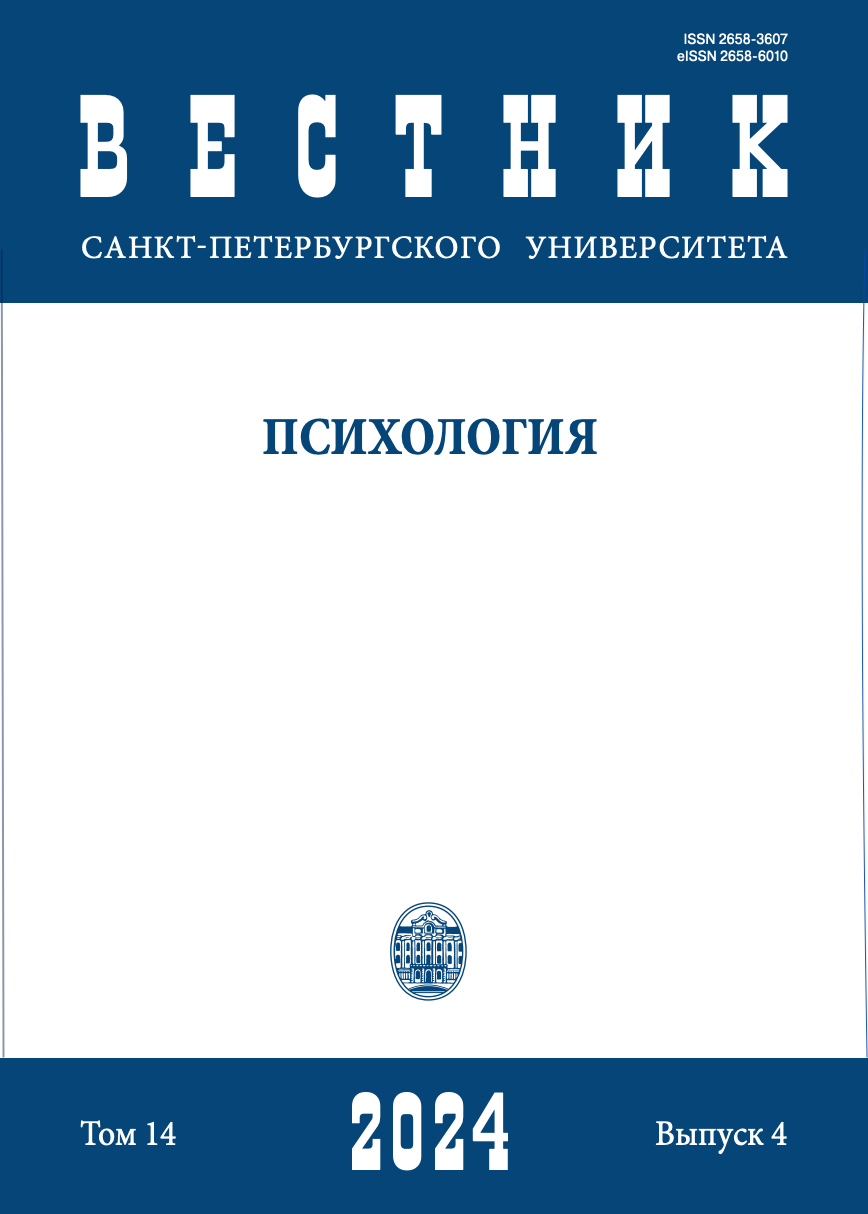Научные основы ранней помощи детям младенческого и раннего возраста и их семьям
DOI:
https://doi.org/10.21638/spbu16.2024.401Аннотация
Принятие Концепции развития ранней помощи (раннего вмешательства) в Российской Федерации, внесение ранней помощи детям и их семьям в федеральный закон и распространение в регионах страны предполагает знакомство профессионального сообщества с ее междисциплинарной научной основой. Настоящая работа направлена на анализ и обобщение данных литературы и представление в единой статье базовых концепций и, по возможности, ранних пионерских работ, послуживших основанием для формирования раннего вмешательства как новой области междисциплинарной практической, научной и образовательной деятельности. Результаты работы свидетельствуют, что в период, предшествовавший появлению раннего вмешательства, и во время его становления в 1980–1990-х гг., международным профессиональным сообществом были выполнены исследования в самых различных областях изучения младенцев и детей раннего возраста. Новые на то время научные данные и теоретические обобщения были получены в области детского психоанализа и психиатрии, педиатрии, психологии развития, нейробиологии, последствий ранней депривации, изучения результативности и экономической эффективности программ раннего детства. Опубликованная в научных изданиях информация была во многом революционной, меняющей представления как о способностях младенцев и закономерностях их раннего становления, так и о программах и методах профессиональной работы. Исследования основанных на научных данных программ вмешательства в области раннего детства показали их результативность и экономическую эффективность. Повышение результативности ранней помощи детям и их семьям в регионах Российской Федерации требует использования полученной в исследованиях научной информации во многих направлениях ее развития: в виде методологической и эмпирической научной основы программ и методов работы с детьми и семьями, при разработке нормативно-правовых и методических документов, в программах образования и повышения квалификации, в исследовательских проектах.
Ключевые слова:
дети, младенческий и ранний возраст, семьи, ранняя помощь, научные основы
Скачивания
Библиографические ссылки
References
Загрузки
Опубликован
Как цитировать
Выпуск
Раздел
Лицензия
Статьи журнала «Вестник Санкт-Петербургского университета. Психология» находятся в открытом доступе и распространяются в соответствии с условиями Лицензионного Договора с Санкт-Петербургским государственным университетом, который бесплатно предоставляет авторам неограниченное распространение и самостоятельное архивирование.




